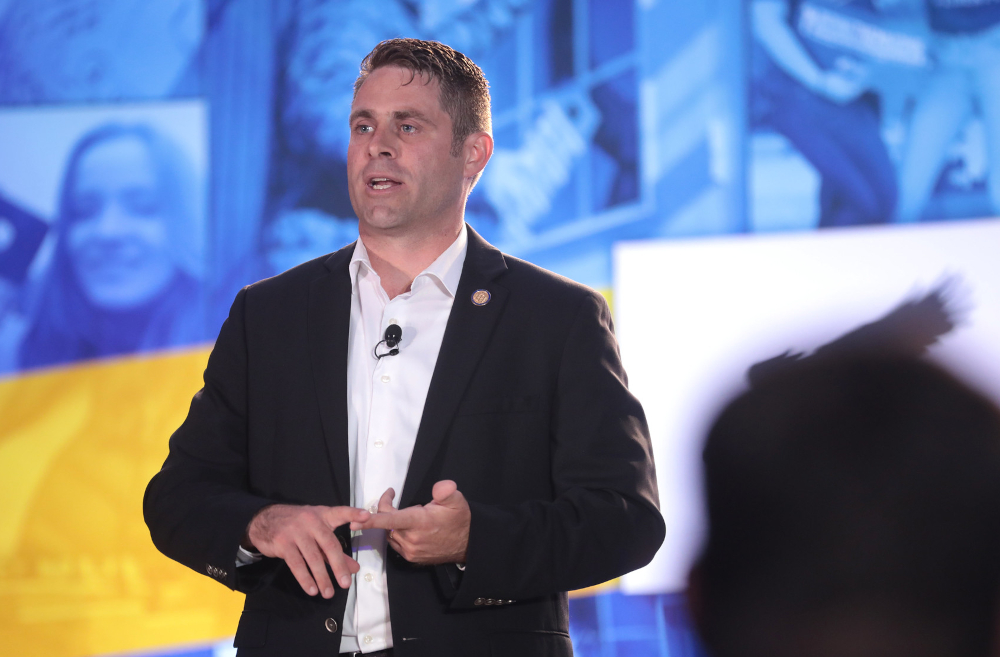Virginia lawmakers have turned back a bill that sought to increase the legal limit for THC in industrial hemp plants to 1.0% and ease state licensing requirements.
The proposed measure, House Bill 1485 (HB 1485), recently tabled by the House Agriculture, Chesapeake and Natural Resources committee, sought the higher THC allowance only for industrial hemp crops intended for fiber and grain outputs, and did not apply to the plant’s flowers, which produce CBD and other cannabinoids.
Stakeholders in Virginia and across the U.S. have been pushing to raise the current 0.3% limit for THC to a full 1.0% to relieve farmers from the worry that their crops will go “hot,” or beyond the legal limit. Such an increase could lead to more research and development of specialized cultivars, and give farmers more options for the hemp varieties they plant, Virginia hemp advocates said. The increase could also lessen the chances that over-the-limit crops will be destroyed, as current rules allow.
By strict interpretation of federal law, states may not set the THC limit beyond the federal standard of 0.3%. If the Virginia law had been enacted it likely would have set off a conflict between state and federal hemp rules.
Exclusion of flowers
Under the failed measure, the hemp plant’s flowers presumably would have remained under the 0.3% THC limit in Virginia, likely in recognition of widespread safety concerns over highly concentrated delta-8 THC and other cannabinoids. Those compounds can be synthetically manufactured from hemp flowers into products that induce a “high” similar to that which comes from delta-9 THC, the more common form of THC present in marijuana plants.
One child’s death in Virginia in 2022 was attributed to the consumption of delta-8 THC, the most popular of the hemp-derived synthetic compounds. States across the USA are working to reign in the intoxicating hemp products, with some banning them altogether and others putting the products under regulations for marijuana.
Smoother path
“We’re trying to make it easier for people to engage in hemp farming within the commonwealth,” Del. Nicholas Freitas, a co-sponsor of HB 1485, told the committee.
Members of the agriculture committee expressed concerns over the implications of increasing the THC barrier, and worried it could negatively impact the medical cannabis industry.
The failed bill also would have reduced the application and registration requirements for farmers, processors and dealers.
“We are not going to be able to expand our Virginia hemp industry until we can treat it more like corn,” Jason Amatucci, president of Virginia Hemp Coalition, told the Virginian-Pilot. “What we want to do is take away all these strict regulations farmers currently have – all these hoops they have to jump through to be able to grow industrial hemp for fiber and grain.”
USDA, State of Virginia; *No harvest data available
Some 266 Virginia hemp growers put in 662 acres but harvested just 148 acres of hemp in 2023, or roughly 22% of total fields planted, according to the state’s Department of Agriculture and Consumer Services. Processor registrations totaled 116 last year, the farming agency said.
According to the U.S. Department of Agriculture, Virginia farmers harvested 500 acres of 650 acres that were planted in 2022 (76%), and 300 of 350 planted in 2021 (85%). At its peak, the Virginia hemp crop reached about 2,200 acres planted in 2019.
Read the full article here









